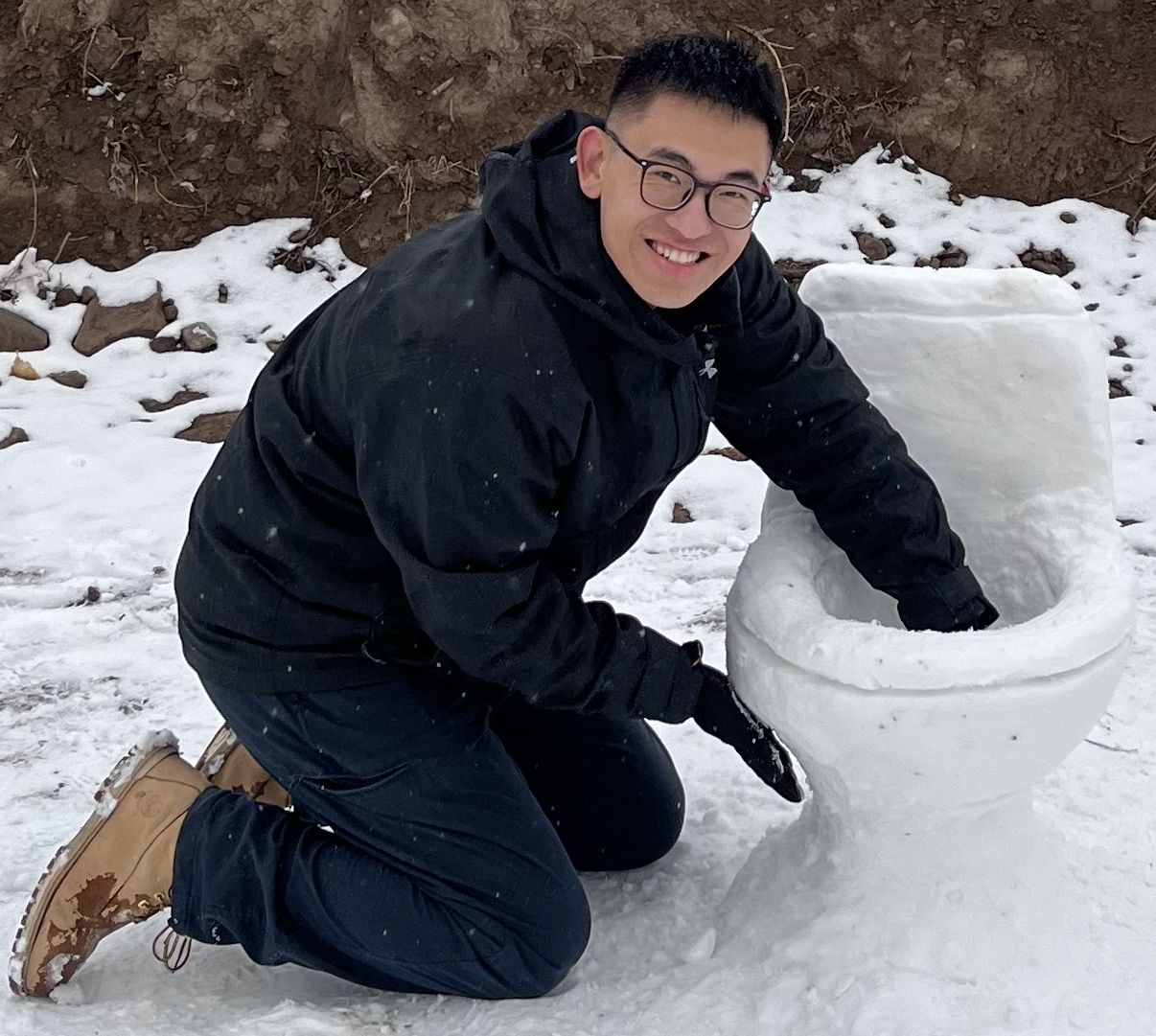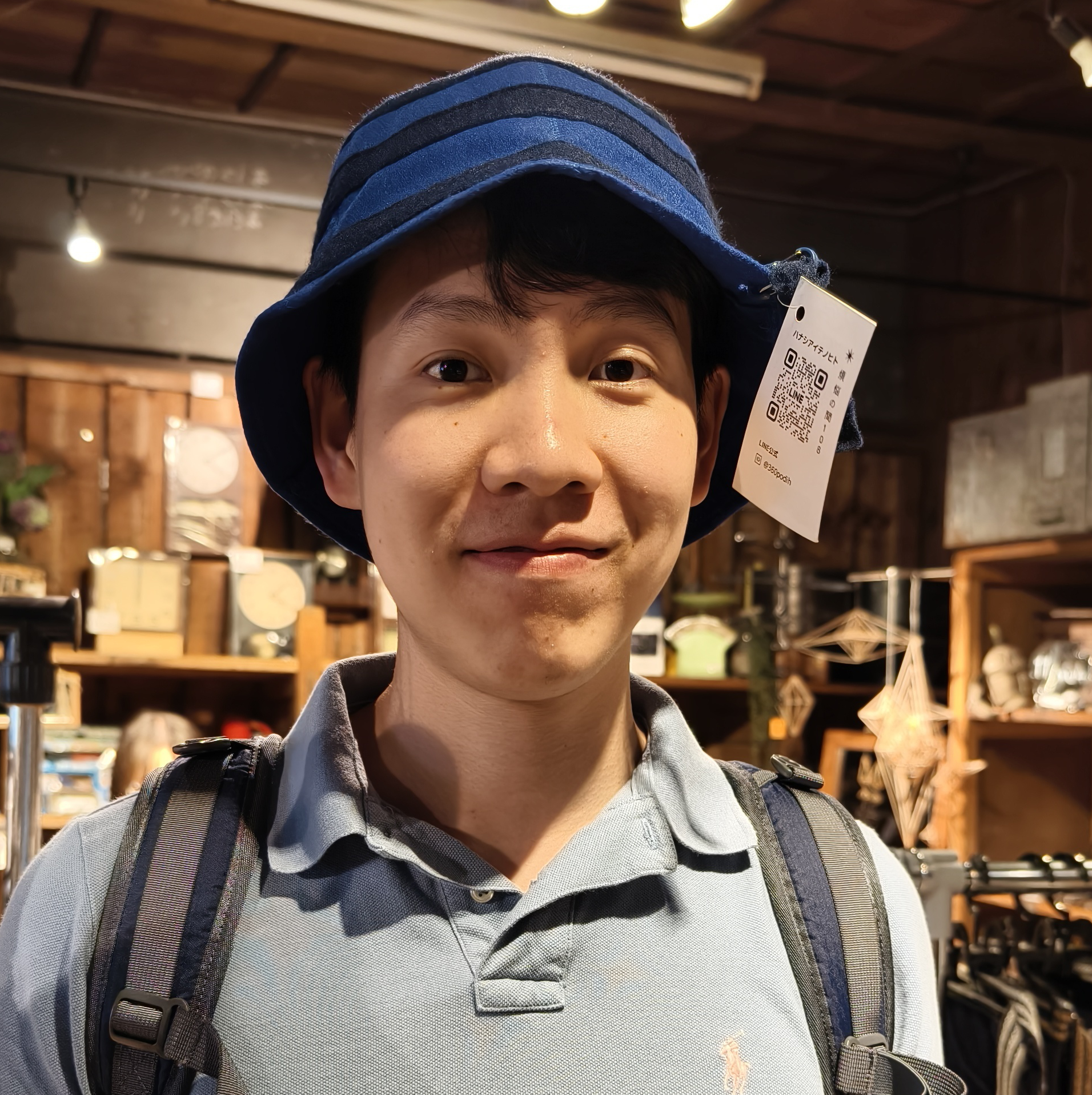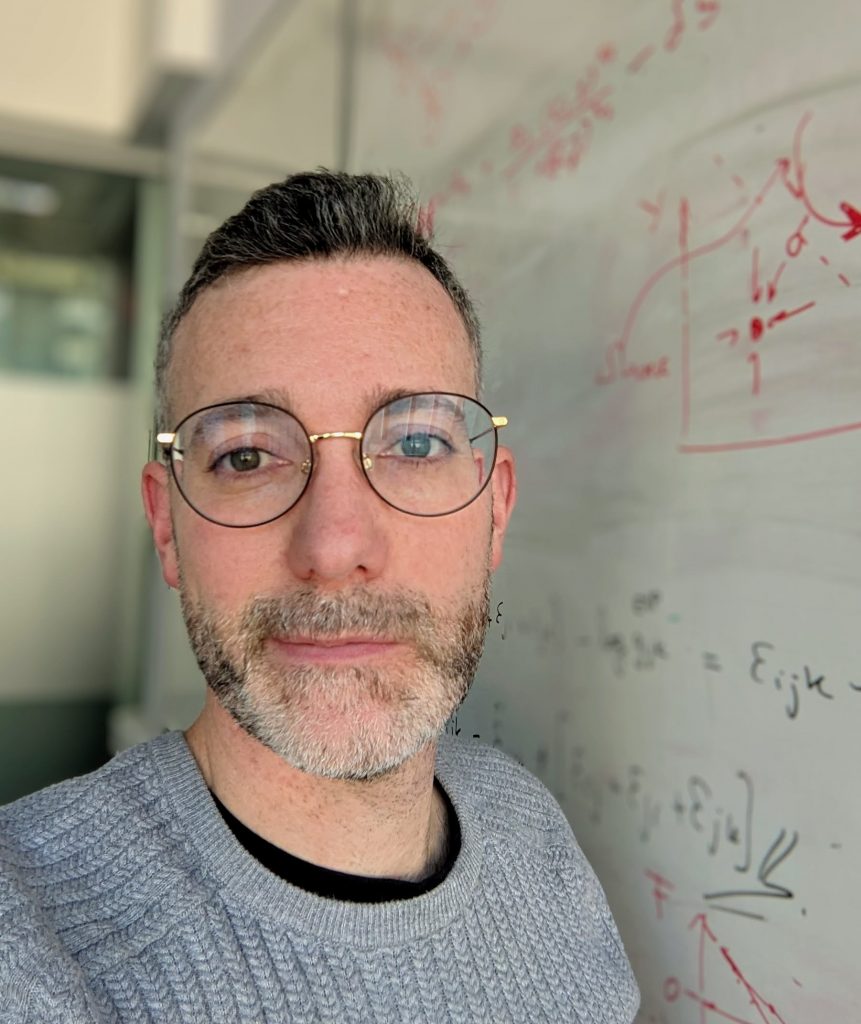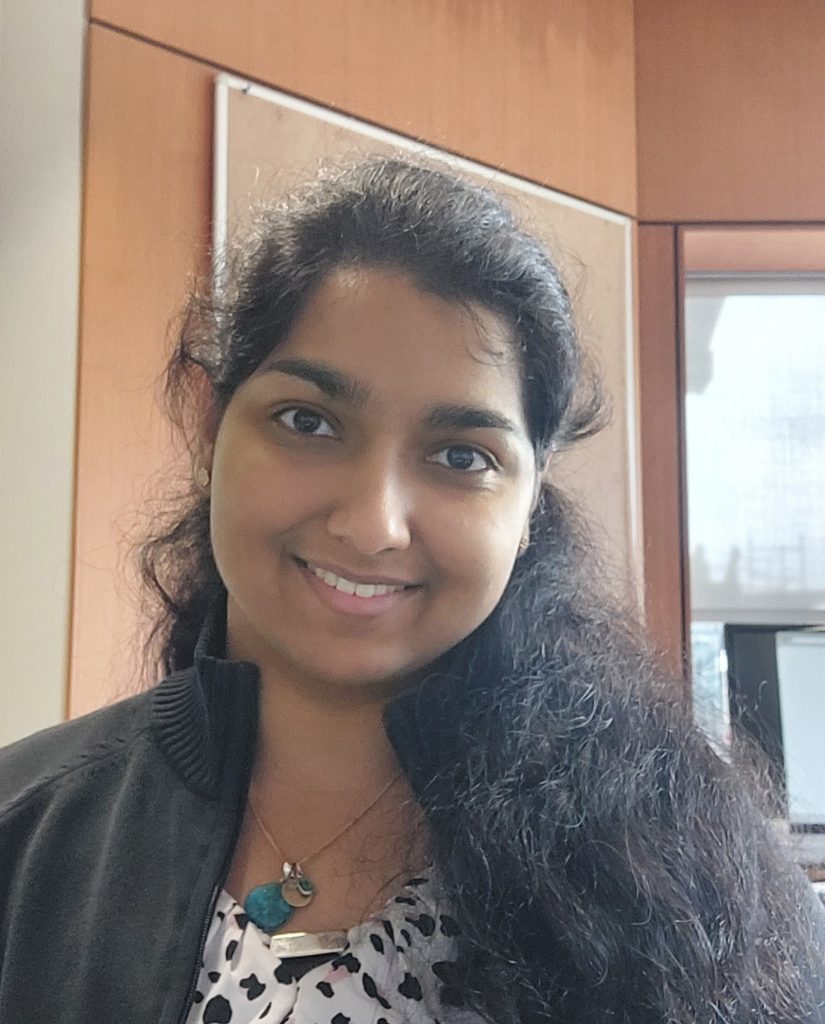Ruben Perez-Carrasco is a researcher who is passionate about understanding the basic dynamical rules of life by working in the interface of Biology, Mathematics, and Physics. He earned his PhD in Physics on the “Mechano-chemical study of rotatory molecular Motors” at the University of Barcelona in 2013, before moving to the Mathematics Department at University College London to employ tools from stochastic dynamical systems theory to explore the principles of timing in cellular transitions during embryonic development and synthetic biology. In 2017, he became an independent researcher as a Clifford Fellow at UCL. Since 2020, he is a lecturer in theoretical systems biology in the Department of Life Sciences at Imperial College London where his group studies how the timing and precision of cellular decisions are controlled from molecules to tissues, focusing in problems of developmental and synthetic biology.
When he is not in the office you might find him playing the clarinet with the Bloomsbury Woodwind Ensemble. In his free time, he also enjoys sketching around London.
Smitha Maretvadakethope is a postdoc in theoretical systems biology with a passion for curiosity-driven problems in mathematical biology and fluid dynamics. She has a particular interest in understanding cell dynamics, whether it be active suspensions of swimming microorganisms, organelle dynamics like flagella or cilia, or the internal dynamical systems that govern cell behaviours and gene expression. Smitha completed all of her higher education at Imperial College London, where she completed a BSc in Mathematics (2015), an MSc in Applied Mathematics (2016), and joined the Centre for Doctoral Training (CDT) in Fluid Dynamics Across Scales completing an MRes (2017) and PhD (2020). Her PhD was on the topic of “Synchronisation and dynamics of model cilia and flagella.” Afterwards, she joined the University of Liverpool as a postdoc studying the effects of shape, shear, and diffusion on microswimmer suspension dynamics and their boundary encounter interactions, captured through stochastic cell modelling and probability density continuum modelling. Now back at Imperial, she is studying synthetic tipping points to reveal the rules of gene critical timers inspired by bacterial cell-autonomous clocks and differentiation transitions in embryonic development. She is particularly interested in studying how coexisting critical points control timing dynamics in the presence of static, intrinsic, and extrinsic noise.
Daniel O’Hanlon is a postdoc at the group. He completed his PhD in particle physics at the University of Warwick in 2017, studying the amplitude structure of many-body decays at CERN’s LHCb experiment. I continued on this topic as a postdoc at INFN Bologna and the University of Bristol, where additionally I worked on machine learning for particle identification and algorithms for track reconstruction on novel parallel computing hardware. I was also privileged to hold several positions of responsibility within the LHCb collaboration. Prior to coming to Imperial I was a research fellow at EMBL-EBI, where I worked on the analysis of large double knock-out CRISPR screens (in collaboration with experimental colleagues at the Sanger Institute), and on describing genetic interactions with graph neural networks. In Ruben’s group, I develop simulation-based inference methods and models of cell competition to describe live-cell imaging data. His research interests centre around using machine learning to solve problems in biological modelling, and how these models can incorporate experimental data to understand, predict, and engineer biological systems. I also maintain an interest in hardware and software for automated data acquisition; and tools for the analysis of large unbiased datasets, such as single-cell RNASeq and metagenomics. In general, you will find me wherever there are fun things to do with computers.

Elephes Sung Elephes Sung is currently engaged in doctoral studies and is, by nature, a member of the species Homo sapiens. His research focuses on integrating experiments and theoretical modelling to explore the complex interactions in immuno-oncology, aiming for a comprehensive understanding of the tumour immune microenvironment at a systems level. He completed a B. Eng. in Nanomaterials and an MRes in Systems and Synthetic Biology at Imperial College. He welcomes discussions at eu23@ic.ac.uk. He holds the office of Landlord of Gardens at the NHS Imperial College Healthcare Trust’s Charing Cross Hospital; and fulfils the duties of Chief Coffee‐Machine Engineer in the Life Sciences Senior Common Room.

Luc Hung is a current MRes student in the lab studying Systems and Synthetic Biology. He graduated in 2024 from the University of Edinburgh with a BSc. (Tons) degree in Biological Sciences (Biochemistry), where he developed a strong academic background in the molecular life sciences. He has also developed an extensive set of wet-lab skills by working with research groups doing biomedical science, biological chemistry, and synthetic biology throughout his undergraduate tenure, culminating in a final-year research project characterising a cryptic malaria protein in Dr. Nisha Philip’s immunology group. He is now developing his dry-lab skills in mathematical modelling and computation through a theoretical biology project with Ruben, investigating the potential of spatial control in synthetic gene circuits. Luc’s academic interests are mostly in understanding and building biological complexity from bottom-up principles. Outside of the lab, he enjoys playing volleyball, watching sports (football and F1, ironically not volleyball), reading, and playing video games.
Fomer Members
“Never be limited by other people’s limited imaginations.”
Mae Jemison
| Charlotte Manser (2021-2025) | Emma Wei (2024) | ||||
| Sergio Garcia Busto (2024) | Paarth Dudani (2024-2025) | ||||
| Àngela Pantebre (2023-2024) | |||||


